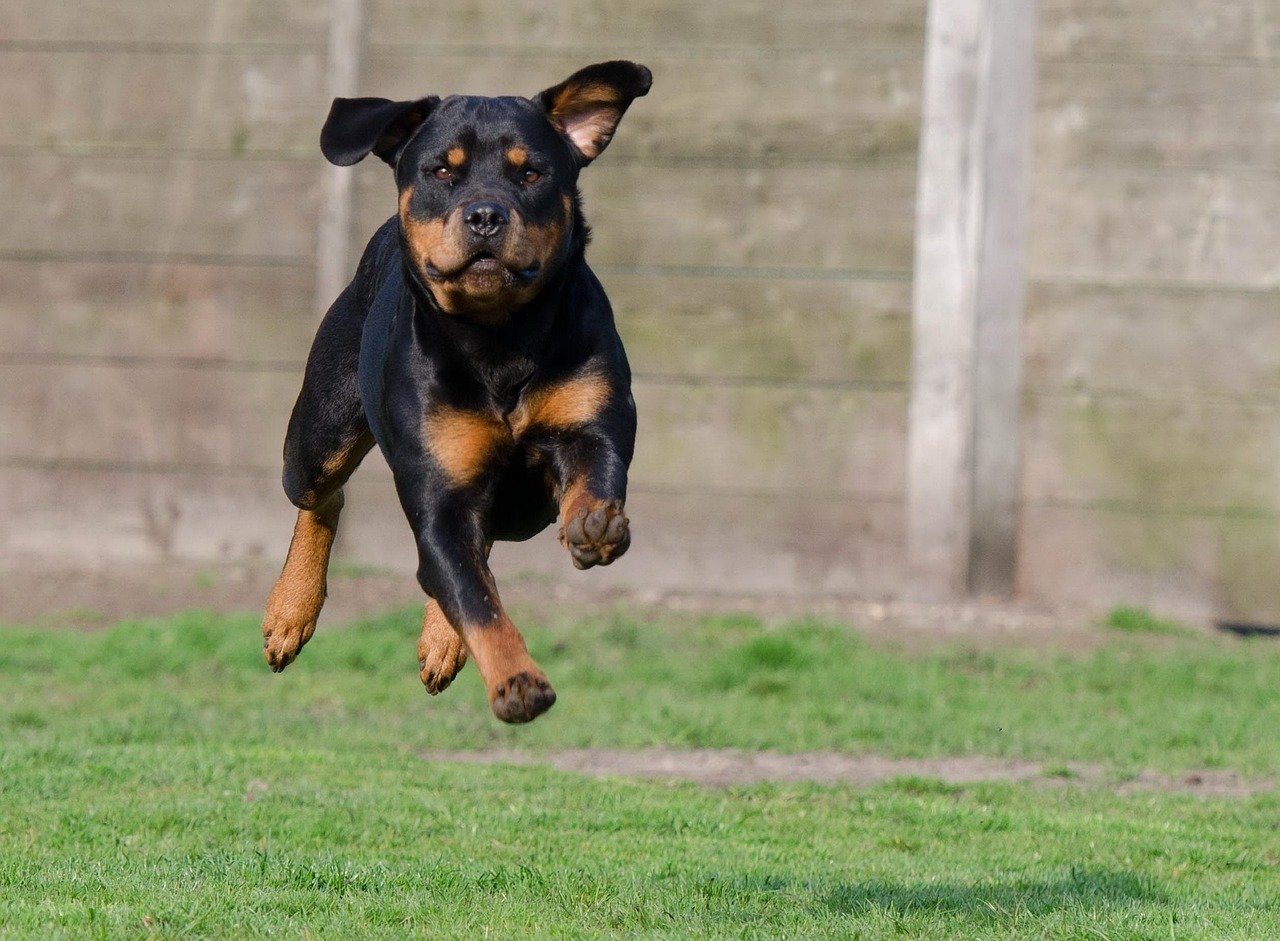There’s something magical about bringing a Rottweiler into your home. Picture this: you walk through your front door after a long day, and there’s that sturdy, black-and-tan figure wagging their entire body because you’ve returned. Their eyes light up with pure joy, and suddenly, every stress from the day melts away. But here’s the thing – that incredible bond you’re dreaming of doesn’t just happen overnight. It requires understanding, patience, and most importantly, knowing exactly what these magnificent dogs need to truly thrive.
Think you can just wing it with a Rottweiler? Think again. These aren’t your average couch potatoes. They’re working dogs at heart, bred for centuries to think, protect, and serve. Miss the mark on their needs, and you might find yourself with a bored, destructive, or even anxious companion. But get it right? You’ll have a loyal friend who’d move mountains for you.
Exercise Requirements That Will Make or Break Your Relationship
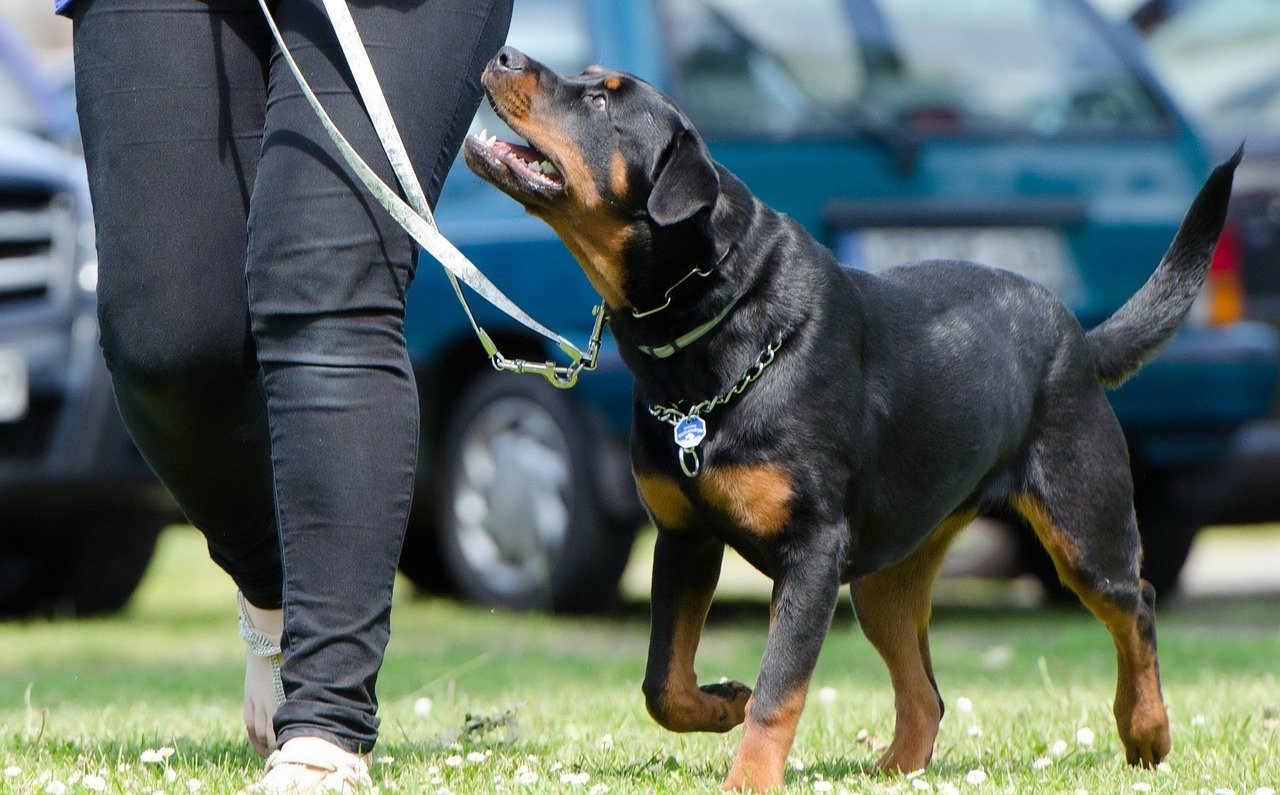
Let’s get one thing straight – Rottweilers are active and muscular dogs that require regular exercise to stay fit and mentally engaged. Aim for at least 2 hours of physical activity daily. But here’s what most people don’t realize: it’s not just about tossing a ball in the backyard for ten minutes and calling it good.
Your Rottie needs variety in their exercise routine. Engage in a variety of activities, such as brisk walks, jogging, and play sessions. Rottweilers enjoy tasks that stimulate their mind, so include games like fetch or agility training. Think of it like this – would you be satisfied doing the same workout every single day? Neither will your dog.
Due to their heavy build, avoid overexertion, especially in hot weather, as Rottweilers are prone to overheating. Schedule outdoor activities during cooler parts of the day. This is crucial – your Rottweiler’s muscular build can work against them in extreme temperatures.
Early Socialization Is Non-Negotiable
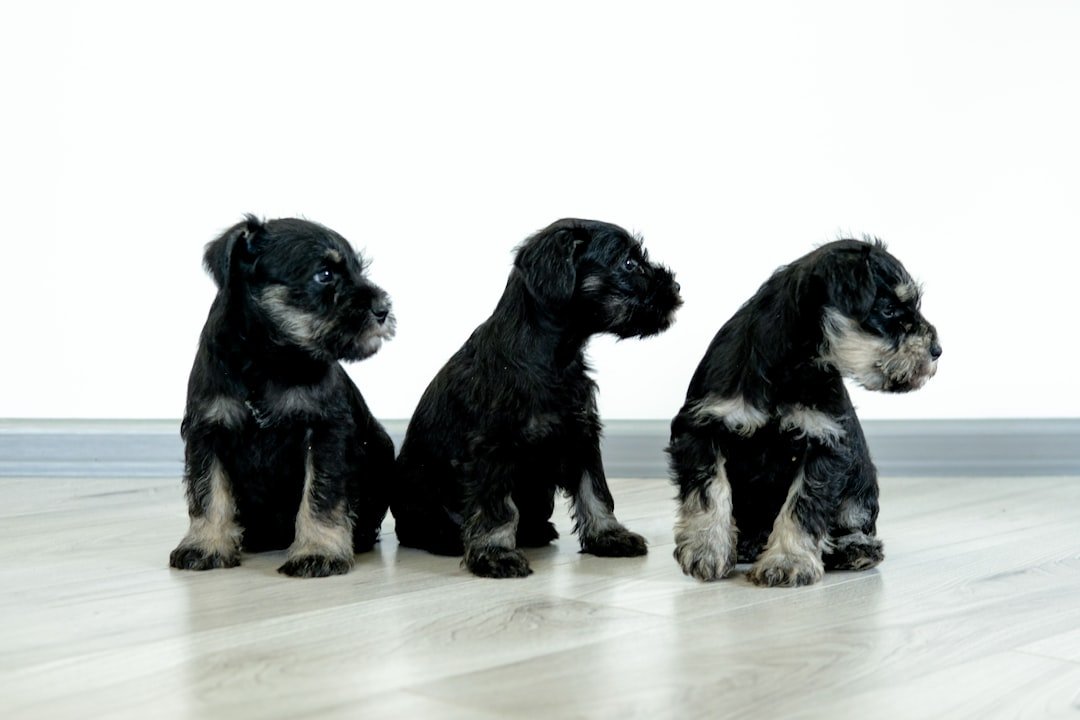
Here’s something that might surprise you: Rottweiler aggression is based on fear and suspicion more than anything else, so positive connections with other people and puppies will encourage your Rottweiler to follow suit. That tough exterior? Often it’s masking uncertainty about the world around them.
Rottweilers require early and extensive exposure to various stimuli, including people, dogs, environments, and experiences, during critical developmental periods. Insufficient socialization during puppyhood can lead to fear, anxiety, or reactivity towards unfamiliar people, animals, or situations in adulthood. The window for optimal socialization is narrow but incredibly important.
Start with controlled environments and positive experiences. Enroll the Rottweiler puppy in puppy socialization classes to learn in a structured environment and meet other puppies. If the Rottweiler puppy shows any signs of unwanted behavior, redirect them positively rather than resorting to harsh corrections. Remember, every interaction shapes their future personality.
Training Methods That Actually Work
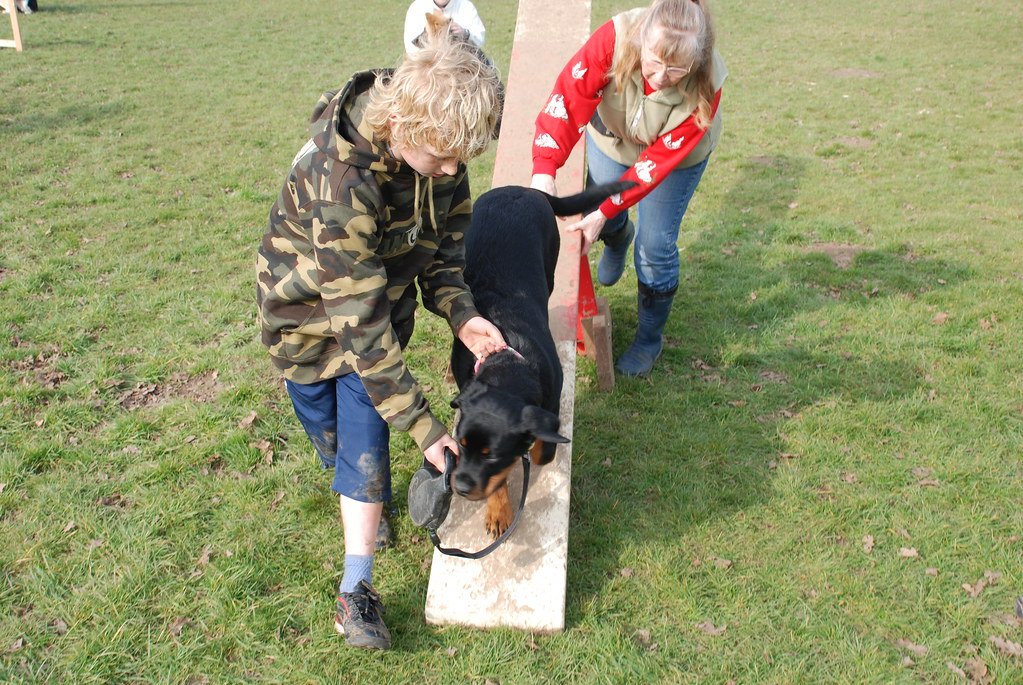
Forget everything you’ve seen in movies about dominant dog training. Rottweilers are intelligent and eager to please, making them highly trainable with consistent and positive reinforcement. Positive reinforcement, including treats and praise, is highly effective with Rottweilers. These dogs want to make you happy – they just need clear communication about how to do it.
You should probably start training Rottweilers as early as possible, somewhere around 8-10 weeks being ideal. This is when the fear imprint occurs, and it allows you to better curb and control some of the natural tendencies of the breed and to show them your leadership. Think of this as laying the foundation for your entire relationship.
Consistency is everything. Consistency is vital when training a Rottweiler. Stick to a routine, use the same commands, and ensure everyone in the household follows the same rules. Rottweilers respond well to structure, and consistent training will help them understand what is expected of them. Mixed messages will only confuse and frustrate your intelligent companion.
Nutrition Needs That Support Their Powerful Build

Your Rottweiler’s diet isn’t just about filling their bowl – it’s about fueling their incredible physique and energy needs. High-quality protein should be the first ingredient in your Rottweiler’s food. Look for whole meats like chicken or beef. They need 22-26% protein to maintain muscle mass. Think of protein as the building blocks for those impressive muscles.
Rottweilers are prone to obesity, so pet parents need to be diligent about their dog’s mealtimes and portion sizes. Ask your veterinarian about the best food for your Rottie and how much they should eat every day. It’s tempting to give in to those pleading eyes, but overfeeding can lead to serious health problems down the road.
Treats are more than just tasty morsels for your Rottweiler; they’re tools of affection, training, and bonding. However, moderation is crucial. Treats should ideally comprise no more than 10% of your Rottie’s total caloric intake. Overindulgence can quickly lead to weight gain and nutritional imbalance. Those puppy dog eyes are hard to resist, but your dog’s health depends on your willpower.
Mental Stimulation That Prevents Destructive Behavior
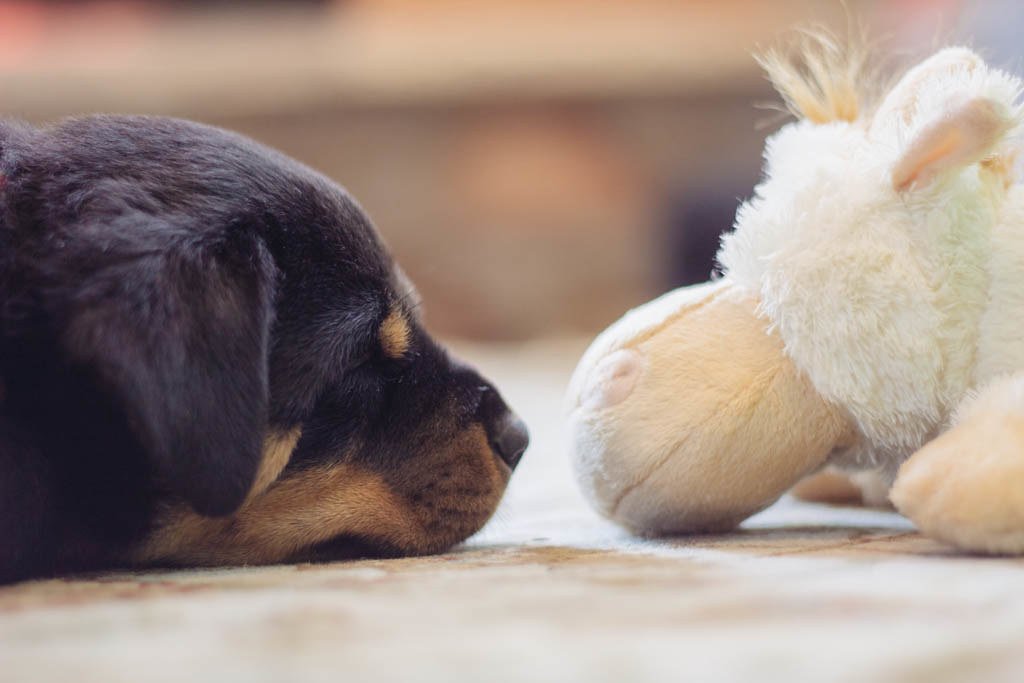
Here’s a reality check: Mental stimulation is as important as physical exercise for Rottweilers. Provide interactive toys, training sessions, and problem-solving games to keep their minds engaged. Puzzle toys, treat-dispensing toys, and scent games are great ways to enrich your Rottweiler’s daily routine and prevent boredom. A bored Rottweiler is a destructive Rottweiler – and trust me, they have the power to do some serious damage.
Think of your Rottweiler’s brain like a high-performance engine – it needs fuel and challenges to run smoothly. Rottweilers can also develop undesirable behaviors like excessive barking or chewing when bored. Make sure your dog gets enough mental stimulation through exercise (at least one hour per day), training sessions, playtime, and toys. Mental exhaustion can be just as satisfying as physical exercise.
Keep your Rottweiler engaged by using a variety of training methods. Incorporate obedience drills, trick training, and interactive toys that challenge their problem-solving skills. Regularly change up their routine to keep them interested and motivated. Variety isn’t just the spice of life for humans – dogs crave it too.
Health Monitoring and Preventive Care
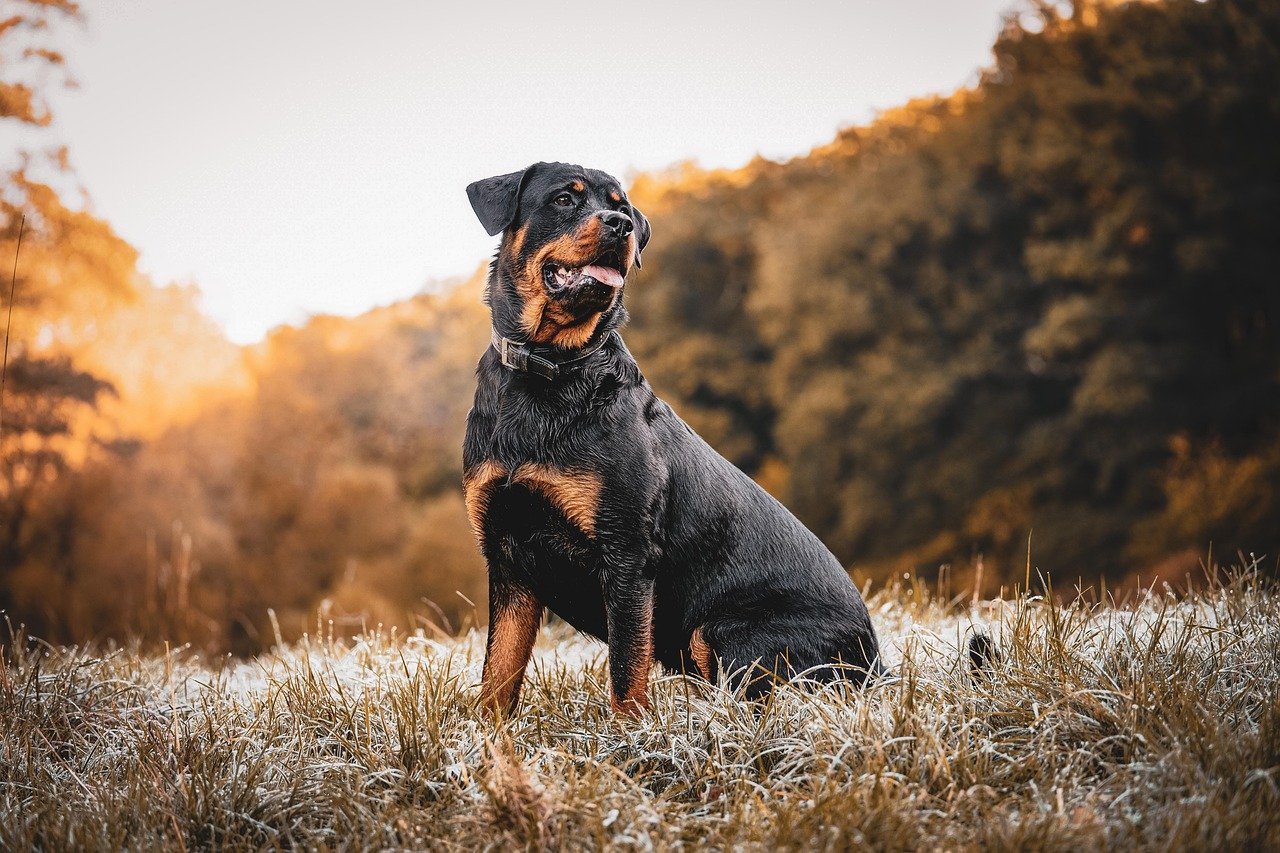
Let’s talk about something that could literally save your dog’s life: knowing what to watch for. Rottweilers are generally healthy but are prone to certain conditions, including hip and elbow dysplasia, heart issues, and certain cancers. Schedule routine vet check-ups, vaccinations, and dental cleanings. Early detection of health issues can help manage or prevent potential problems. Prevention is always better (and cheaper) than treatment.
However, some common health concerns that affect the breed include hip and elbow dysplasia, which are conditions where the joints don’t develop properly, leading to arthritis or pain. They may also be susceptible to heart conditions, such as dilated cardiomyopathy, a condition that affects the heart’s ability to pump blood efficiently. Rottweilers can also face issues like bloat (gastric torsion), which is a life-threatening condition where the stomach twists, and some eye conditions, including cataracts and progressive retinal atrophy. Knowledge is power when it comes to your dog’s health.
Regular veterinary check-ups are vital for your Rottweiler’s well-being. These visits allow vets to spot health issues before they become serious. They also help track your dog’s growth and development. Think of these visits as insurance policies for your furry family member.
Understanding Their Protective Instincts
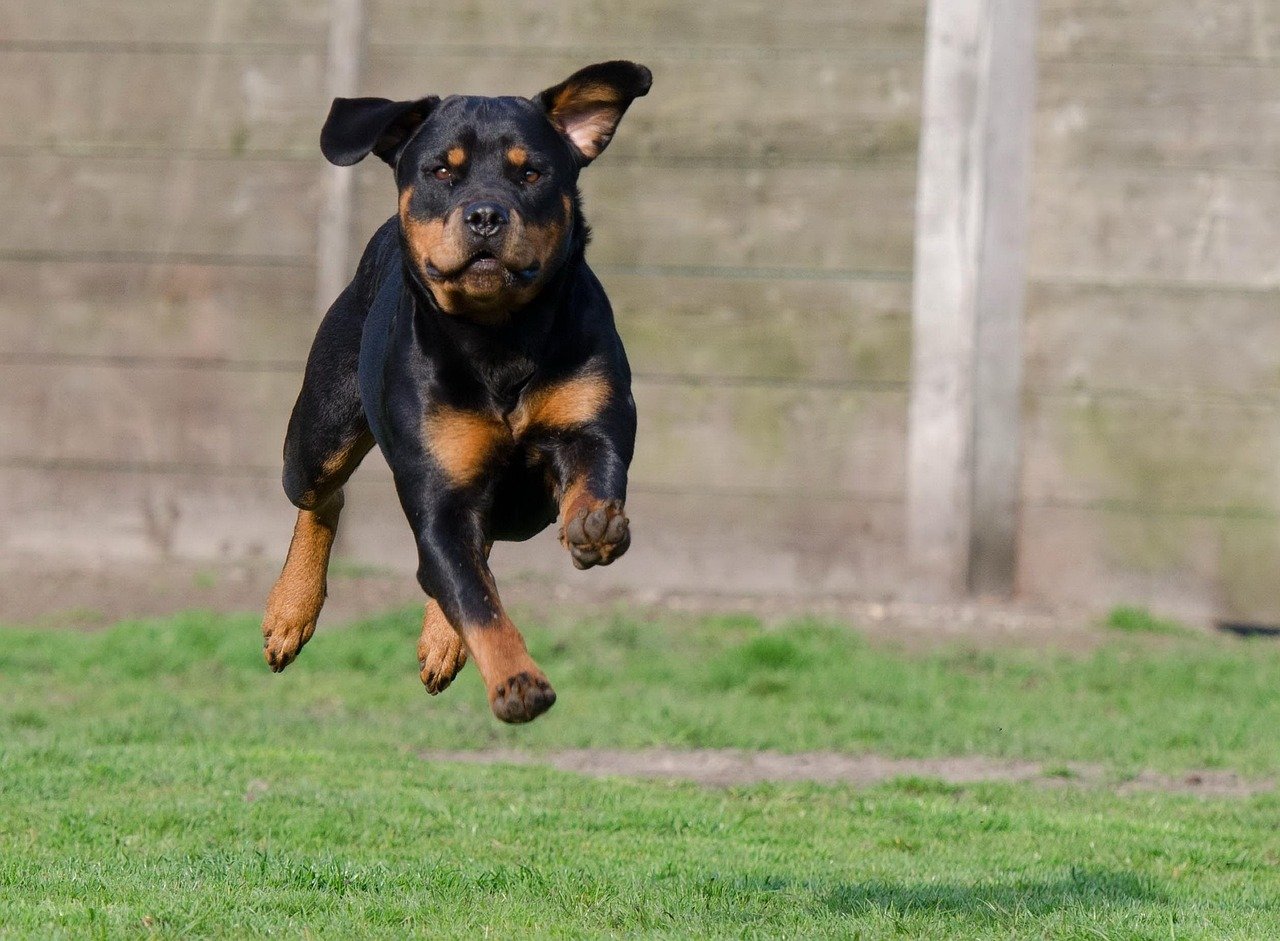
Here’s something every Rottweiler owner needs to understand: Rottweilers are known for their loyalty, strength, and protective nature, making them exceptional guard dogs and loyal family companions. Originally bred as working dogs, Rottweilers are intelligent, courageous, and affectionate with their families. This protective instinct isn’t aggression – it’s love in action.
Rottweilers are known for their strong protective instincts. This trait is rooted in their history as guard dogs and working animals. They are naturally vigilant and will take their role as protectors of their family and territory very seriously. Understanding this helps you work with their nature rather than against it.
Rottweilers are naturally protective. Early socialisation and training are essential to prevent overprotective or reactive behaviours. The goal isn’t to suppress their protective nature but to channel it appropriately. With proper guidance, your Rottweiler will learn to distinguish between real threats and everyday situations.
Grooming and Physical Care Essentials
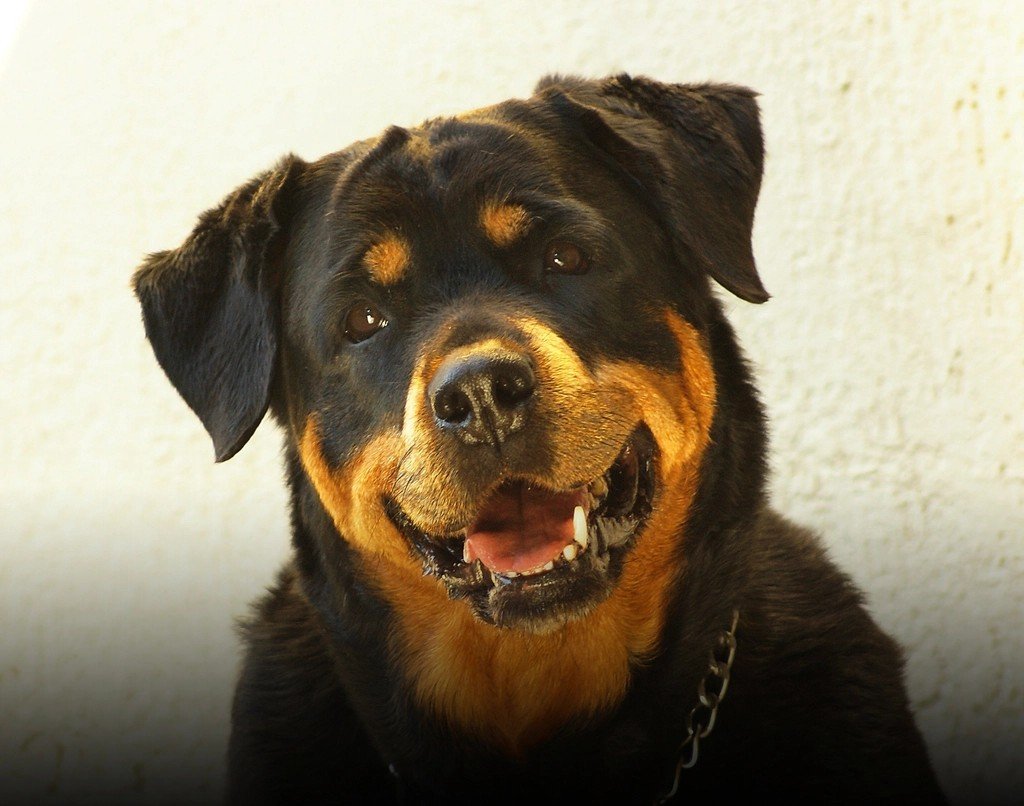
Good news for busy owners: Don’t be fooled by the Rottweiler’s short, smooth coat – this breed sheds quite a bit. But even with heavy shedding, the grooming needs for a Rottie are more low-maintenance than fluffier dog breeds. However, don’t let that fool you into thinking grooming isn’t important.
While Rottweilers are generally a stress-free breed, when it comes to grooming, there are a few things you can begin doing right from the start, and that includes getting your dog used to nail care. “Building a foundation for doing toenails is super important in this breed because they become strong and big so quickly and can be strong-willed,” Bradley says. Breeders should begin getting Rottweiler puppies used to nail care starting at week one and continue with maintenance on a weekly basis. Start early, and you’ll save yourself a wrestling match later.
Rottweilers shed moderately year-round, with increased shedding in spring and fall. Regular brushing and a healthy diet can help manage shedding and maintain coat health. A good brushing routine isn’t just about keeping your furniture hair-free – it’s also great bonding time and helps you check for any skin issues or lumps.
Conclusion
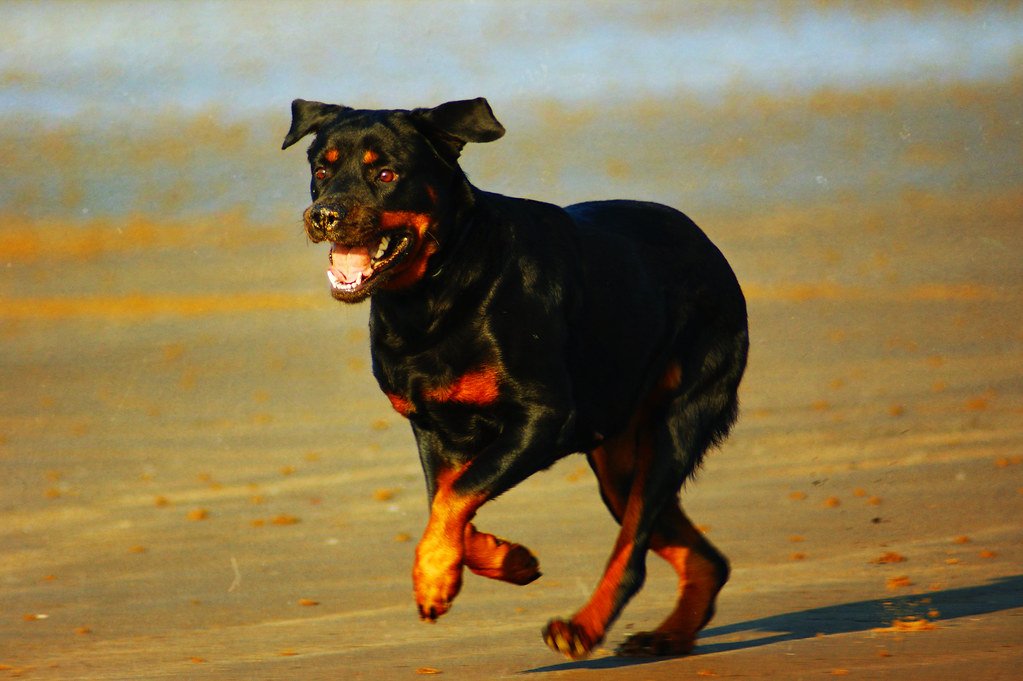
Raising a Rottweiler isn’t just about providing food and shelter – it’s about understanding and meeting the needs of a remarkable working breed. From ensuring they get adequate physical and mental stimulation to providing proper nutrition and preventive healthcare, every decision you make shapes their quality of life. Remember, these dogs don’t just want to be pets; they want to be partners, protectors, and beloved family members.
The investment you make in understanding and meeting these eight essential needs will pay dividends in loyalty, companionship, and pure joy for years to come. Your Rottweiler has the potential to be not just a dog, but a true friend who’ll stand by your side through everything life throws your way.
Did you expect that caring for a Rottweiler would involve so many specific considerations?

